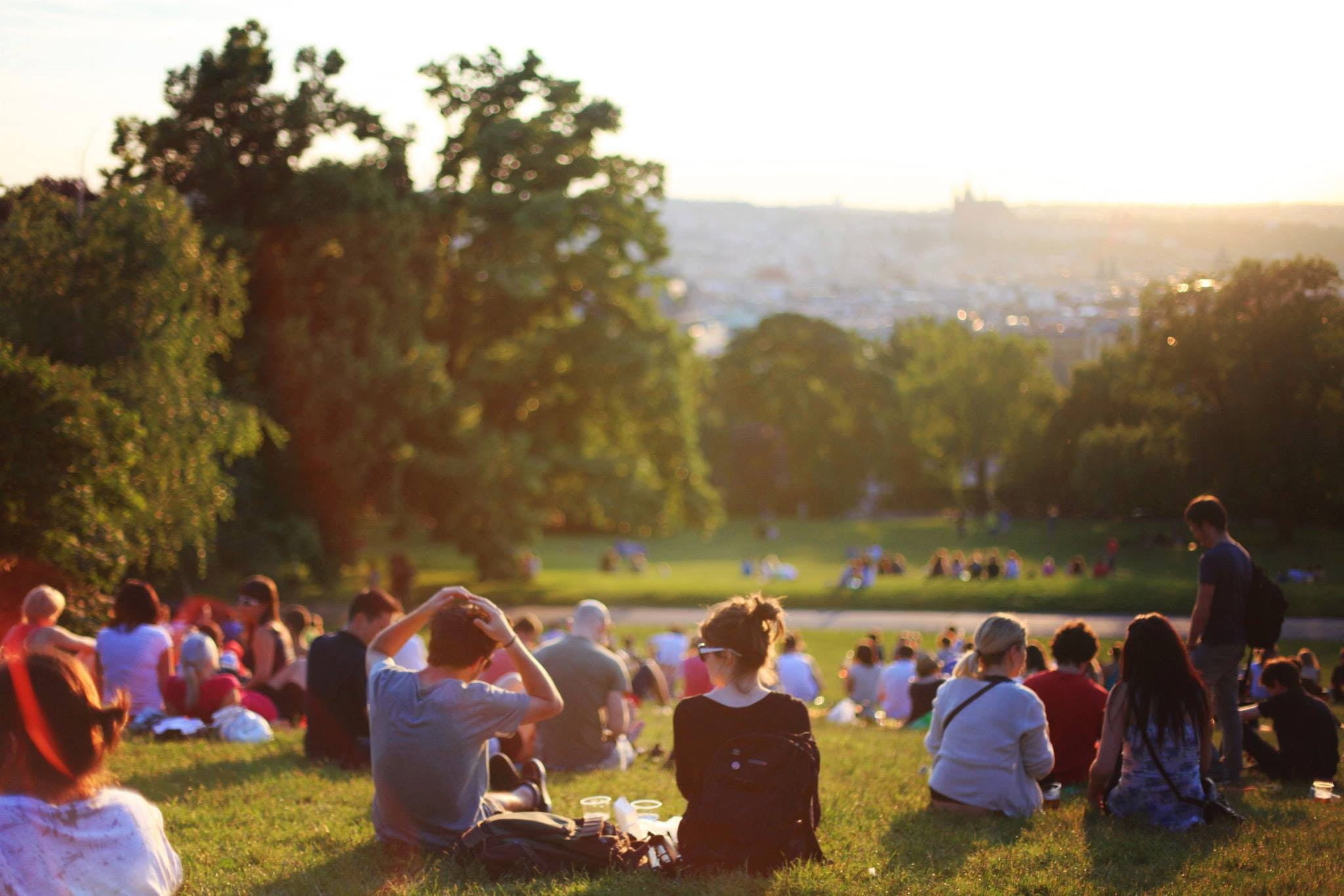It’s rare that Government reports hit the aesthetic high notes, but the recent Building Better, Building Beautiful Commission report did just that. Brimming with vision and ambition, it called for a shake-up of the planning system and a commitment to beautiful homes in real communities.
Among the radical recommendations are the appointment of a cabinet minister for place, a chief placemaker in every local authority to “end the scandal of left behind places” and giving powers to local authorities to set design standards. It wants to plant two million trees on streets, deliver a “fast track for beauty” and make it easier to turn down planning applications on design grounds.
It’s a bold statement of intent and an elegant pushback against the unforgiveable failings that lead to blighted communities and appalling housing.
But it also represents something of a quantum leap that’s unlikely to happen overnight. It’s going to need more than ministerial speeches, reports and even new codes and standards to see the dramatic change we need.
It’s going to require a cultural change driven by a different mindset. And to do this, we’ll need to introduce much more diversity into the housebuilding sector.
It’s thankfully true that the sector is fast becoming more diverse. And it needs to be since in the past, most homes were designed by male architects, built by male-dominated development firms and ended up in male-led regeneration schemes signed off by political communities mostly run by men.
There’s more than a touch of groupthink here that could benefit from increased diversity and different skillsets.
And as we stand on the cusp of the Fourth Industrial Revolution there are wider pull factors supporting these new skillsets.
For some time now there’s been much talk of the new skills required to thrive in an economy where AI, automation and robotics will be turning the jobs market upside down. The World Economic Forum has argued that emotional intelligence or empathy is a key skillset required. Deloitte has also argued that soft skills such as empathy, cultural awareness and collaboration are key to a future where jobs and required skills will change.
We are witnessing a shift from a world demanding hard-headed detachment to one that the leading author and thinker on business behaviour, Dan Pink, says will demand “a much deeper understanding of the subtleties of human interaction than ever before.”
Driving that will be empathy, which is ultimately what makes us human. And it’s our means of understanding other humans.
This seismic skillset shift is beginning to impact on the modern workplace – and the built environment sector is no exception. It’s no coincidence that the theme for MIPIM 2020, the world’s leading international property conference that takes place in Cannes next month, is ‘the future is human’.
To build the kind of communities that the Building Better, Building Beautiful Commission desires will require a much bigger recognition of this and far more empathetic leaders. We need to put humans at the heart of development.
And with sizeable skill shortage across the build environment sector, it’s vital that the next generation of professionals are encouraged to think like this. RIBA added architects to the Shortage Occupation List last year and there is also a shortage of planners and construction workers.
The planners, architects and developers of tomorrow cannot be guided by a 20th century mindset. They will need a lot more empathy to appreciate the needs of and understand the people they’re building for. That way, we may not only return confidence to the industry, but finally get the communities and quality of place we deserve.


